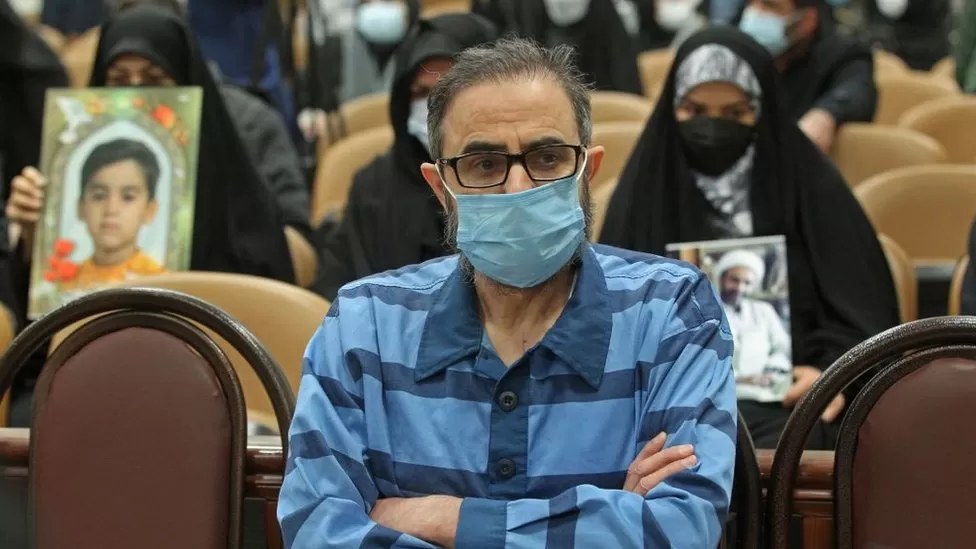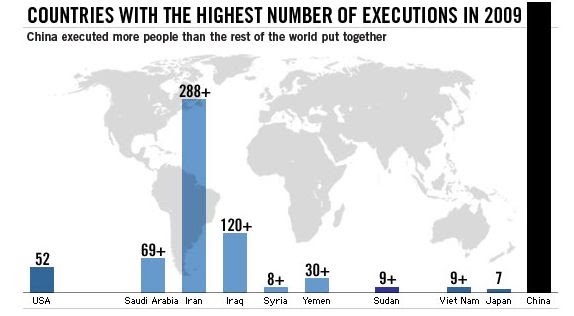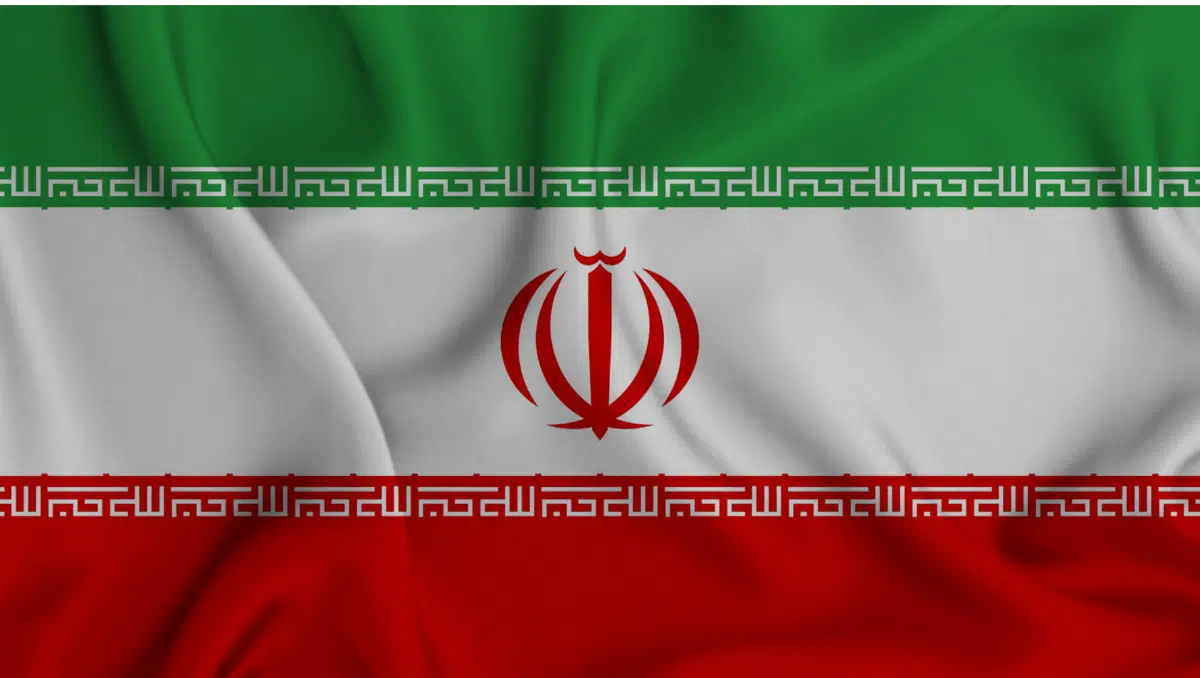Habib Farajollah Chaab, a Swedish-Iranian dissident, was executed after being convicted of directing an Arab separatist group responsible for many attacks, particularly one at a military parade in 2018 that killed 25 people. Chaab received the death penalty for being “corrupt on earth,” a grave charge under Iran’s strict Islamic rules.

Iran hanged Chaab on May 6, 2024, in Tehran after the top court upheld the death sentence in March. He was allegedly the main person behind the terrorist attack on the military parade in September 2018, according to authorities.
The militants disguised as soldiers opened fire on an annual military parade in Ahvaz, the capital of oil-rich Khuzestan, in 2018.
Chaab was the head of Harakat al-Nidal terrorist group, known as the Arab Struggle Movement for the Liberation of Ahwaz, which seeks a separate state in the Khuzestan province in southwestern Iran. He was found guilty of “numerous bombings and terrorist operations” that he planned and carried out. Iran has had strained relations with its ethnic minorities, including Arabs, Kurds, Azeris, and Baluch, and accused them of aligning with neighbouring countries. Arabs and other minorities in Iran have complained of discrimination, an accusation Tehran denies.
Table of Contents
Chaab’s Case:
In March, Iran’s Supreme Court upheld Chaab’s death sentence for alleged “terrorist” activities, and he was executed on Saturday, according to the Iranian judiciary’s official website. Chaab was tried on charges of leading the separatist Arab Struggle Movement and plotting and carrying out “numerous bombings and terrorist operations”. Iran had said in 2020 that its security forces detained Chaab in neighbouring Turkey and took him to Tehran without specifying the location or manner of his capture.

Sweden’s Response:
Chaab’s case had raised concern in Sweden, and it had voiced its concerns over his fate. In 2022, ties between Sweden and Iran had already soured over a Swedish court’s life sentence for a former Iranian official accused of involvement in the mass execution of political prisoners in 1988 in the Islamic Republic.
Implications:
Chaab’s execution is expected to increase tensions between Sweden and Iran. The execution also highlights the Islamic Republic’s harsh treatment of dissidents and religious minorities in the country. The execution may also lead to an escalation in violence and unrest in the Khuzestan province, where separatist groups, including the Arab Struggle Movement, have been carrying out attacks against Iranian authorities for years.
The country has one of the highest execution rates globally. Iran has frequently used the charge of “corruption on earth” to punish dissidents, and international human rights groups have criticised the country for imposing the death penalty for non-violent crimes. According to a 2022 report by Amnesty International, Iran carried out at least 246 executions in 2021, with drug-related offences accounting for a significant proportion of them. Amnesty International has also called on Iran to stop the executions, citing “deep flaws” in the judicial process, including forced confessions and denial of access to lawyers.

The execution of Chaab, a dual national, is likely to cause further tensions between Iran and the international community, which has repeatedly called on the country to address human rights concerns. The United Nations and the European Union have both criticised Iran for human rights violations, including arbitrary detention, torture, and suppression of political dissent. The EU has also imposed sanctions on Iranian officials responsible for human rights abuses.
The death penalty is a contentious issue worldwide, and the international community has called on countries to abolish it. According to another report by Amnesty International, at least 108 countries have abolished the death penalty for all crimes, and 144 have abolished it in law or practice. However, a number of countries, including China, Iran, and the United States, continue to use capital punishment.













